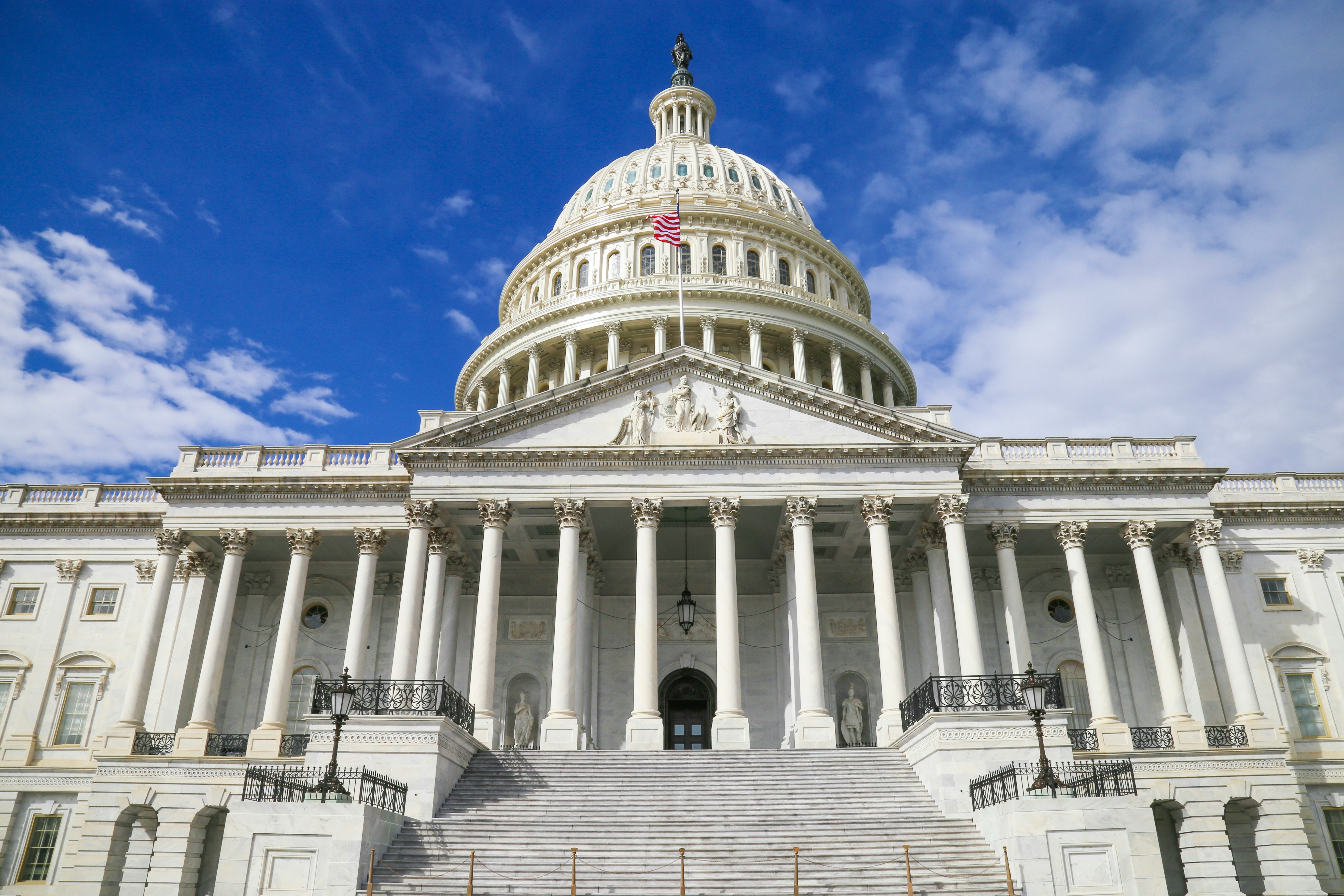Now that CES 2024 is a few days behind me, I’ve had some time to reflect on everything I saw and heard during my trip to Las Vegas. Not only did I have the opportunity to experience the trade show floor and take in the wide range of sustainability innovations featured at the show, but I also had the honor of representing Altus Power on a panel about AI and sustainability alongside industry leaders: Rene Lammers from PepsiCo, Aviad Almagor from Trimble and moderator Ariana Stolarz from Accenture.
Here are three themes that emerged from this lively conversation.
We Must Use AI Constructively
With great power comes great responsibility, as the saying goes. And that could not be more applicable to Al. Though artificial intelligence has exploded in recent years due to breakthroughs in the technology, the truth is, it’s not new. AI has been around since the 1950s, it was refined further in the 1980s, and really exploded in the 2000s. However, the act of using automated systems to acquire, process and apply massive amounts of data to real life outcomes is still in its infancy. As AI becomes smarter and stronger over the next few years, it’s imperative that we make sure our data is not just accurate, but also used constructively.
Think about something as simple as a person’s purchase history. When major retailers use your purchase history to create highly customized and predictive shopping experiences, there’s the potential for serious consequences — and there are real life examples of this already happening. I’m not saying we’re all going to be characters in the movie Minority Report any time soon, but it’s a slippery slope that should give us all a moment of pause.
That said, we can’t slow progress and nor should we. In fact, our panel agreed we may not be innovating fast enough. Because with all the potential for positive outcomes, like the facilitation of more eco-friendly products, services and experiences for people, businesses and the world, we may have a fighting chance at reaching the targets necessary to sustain and improve life as we know it.
AI Is Already Enabling a More Sustainable Future
After establishing some of our collective fears and concerns around AI, we agreed it was time to focus on the positives — and there are a lot. Almagor from Trimble talked about how digital twins are being created and leveraged within forestry to better understand soil and foliage health to support critical decision making. In commercial farming, he told us, the question is always “To spray, or not to spray?” AI is being used to make smart recommendations for pesticide usage, which can reduce consumer exposure to harmful chemicals. At PepsiCo, Lammers said they’re using visual AI tools to detect unusable potatoes which reduces waste and ensures quality control standards are being met. And here at Altus, we’re leveraging AI in our new Altus IQ product to make tailored recommendations for corporate clients looking to save money and reduce their carbon footprint.
Transparency Is the Future of AI
Also during the Panel, Lammers told our audience that his team had made their newly-developed fully sequenced oat genome open source; a revelation that surprised everyone. We’ve grown so accustomed to the veil of secrecy that has traditionally cloaked technology IP. But with AI, something different is happening: sharing. Since its release, the genome has been accessed more than 5,000 times. Farmers around the world are using this data to create better, more environmentally friendly food. We’re seeing open source IP being used for good in a wide range of industries from automotive to apparel. A few years ago, Levi’s opened their top secret water-saving denim production process in the hope others would follow suit. It’s an age-old lesson that never gets old: sharing is caring.
A massive thank you to CES for including Altus Power in this important discussion on sustainability — we are proud to play a role in moving this objective forward. The world is currently experiencing a profound shift away from fossil fuels to renewable alternatives and the growing pains are real. Changing behavior takes time, especially corporate behavior. But AI has the power to help accelerate the changes necessary for broad adoption… and that’s exactly what we are focused on here with Altus IQ.
Til next year, CES!
Interested in getting started with Community Solar?
Reduce your electricity costs and help your community go green with Community Solar.




.png)
